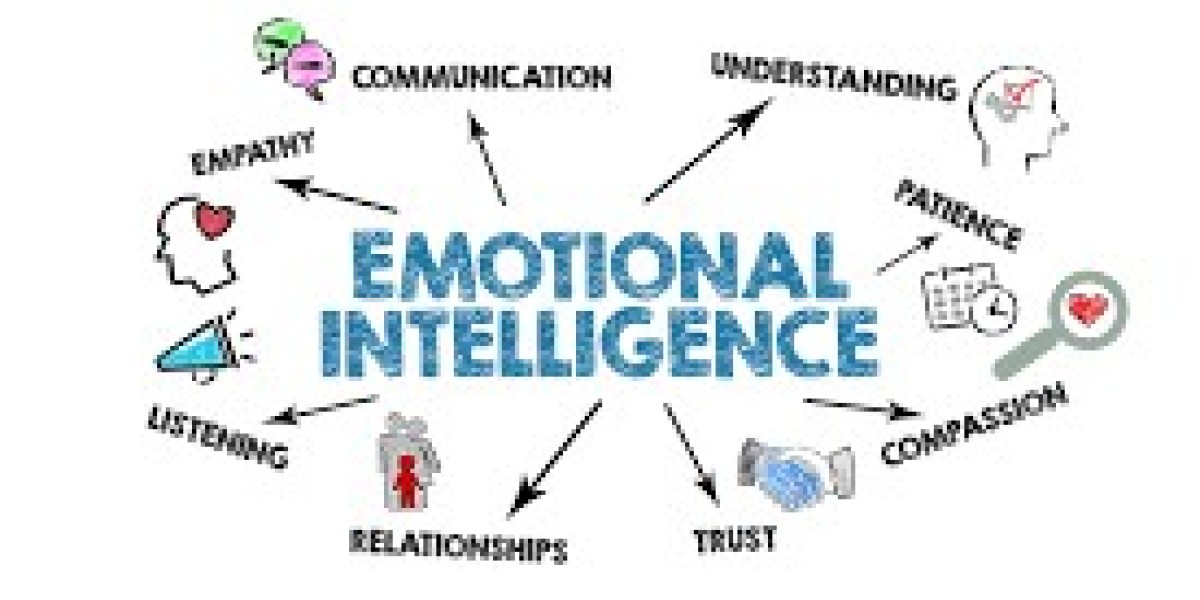The future of the emotional intelligence market is poised to be profoundly more data-driven, technologically integrated, and seamlessly embedded into the very fabric of our daily personal and professional lives, evolving far beyond its current identity as a primarily training-focused discipline. Forward-looking Emotional Intelligence Market Market Projections envision a landscape where the development of EQ is not a discrete event, but a continuous, personalized, and AI-assisted journey. A key projection is the rise of "real-time EQ coaching" powered by artificial intelligence. In this future, our digital devices will be equipped with sophisticated sensors and AI models that can provide us with real-time, private feedback on our emotional state and our interactions with others. Imagine a wearable device that can detect a rise in your physiological stress levels during a difficult meeting and can send a discreet notification to your smartwatch reminding you to take a deep breath. Imagine a software plug-in for your video conferencing tool that can analyze the sentiment and tone of your voice and provide you with real-time feedback on how empathetic or assertive you are coming across. This vision of an AI-powered "emotional co-pilot" that helps us to navigate our social world more effectively is a central pillar of the industry's future.
Market projections also forecast a significant and inevitable shift from a reliance on self-report assessments to a more objective and multi-faceted approach to measuring emotional intelligence. The future of EQ measurement is not about asking someone to rate their own empathy on a scale of one to five; it is about using a combination of behavioral data, biometric data, and even neurological data to create a far more accurate and holistic picture of an individual's emotional competencies. The projection is for the emergence of sophisticated, game-based assessments and virtual reality simulations that can measure how a person actually behaves and makes decisions in a realistic, high-stakes social scenario. This will be combined with data from wearable devices that can track physiological responses to stress and social interaction. This move towards a more objective, evidence-based, and "in-the-moment" assessment of EQ will dramatically increase the credibility and the predictive power of the science, making it a far more valuable tool for hiring, leadership selection, and personalized development.
Looking further ahead, the most transformative projection for the market is its deep and fundamental role in shaping the development of artificial intelligence itself. The future of the industry is not just about making humans more emotionally intelligent; it is about making our machines more emotionally intelligent. As we increasingly interact with AI systems in our daily lives—from customer service bots and personal assistants to AI companions and tutors—the need for these systems to be able to understand and respond appropriately to human emotions is paramount. The long-term projection is for the principles and the research of the emotional intelligence field to become a core and indispensable component of the field of "affective computing" and "empathetic AI." The ultimate vision is to create AI systems that are not just cognitively brilliant but are also socially and emotionally adept, capable of building trust, showing empathy, and interacting with humans in a way that is truly helpful, supportive, and humane. This role as the "humanizing" force in the age of AI is the ultimate and most profound destination for the industry.
Top Trending Regional Reports -







